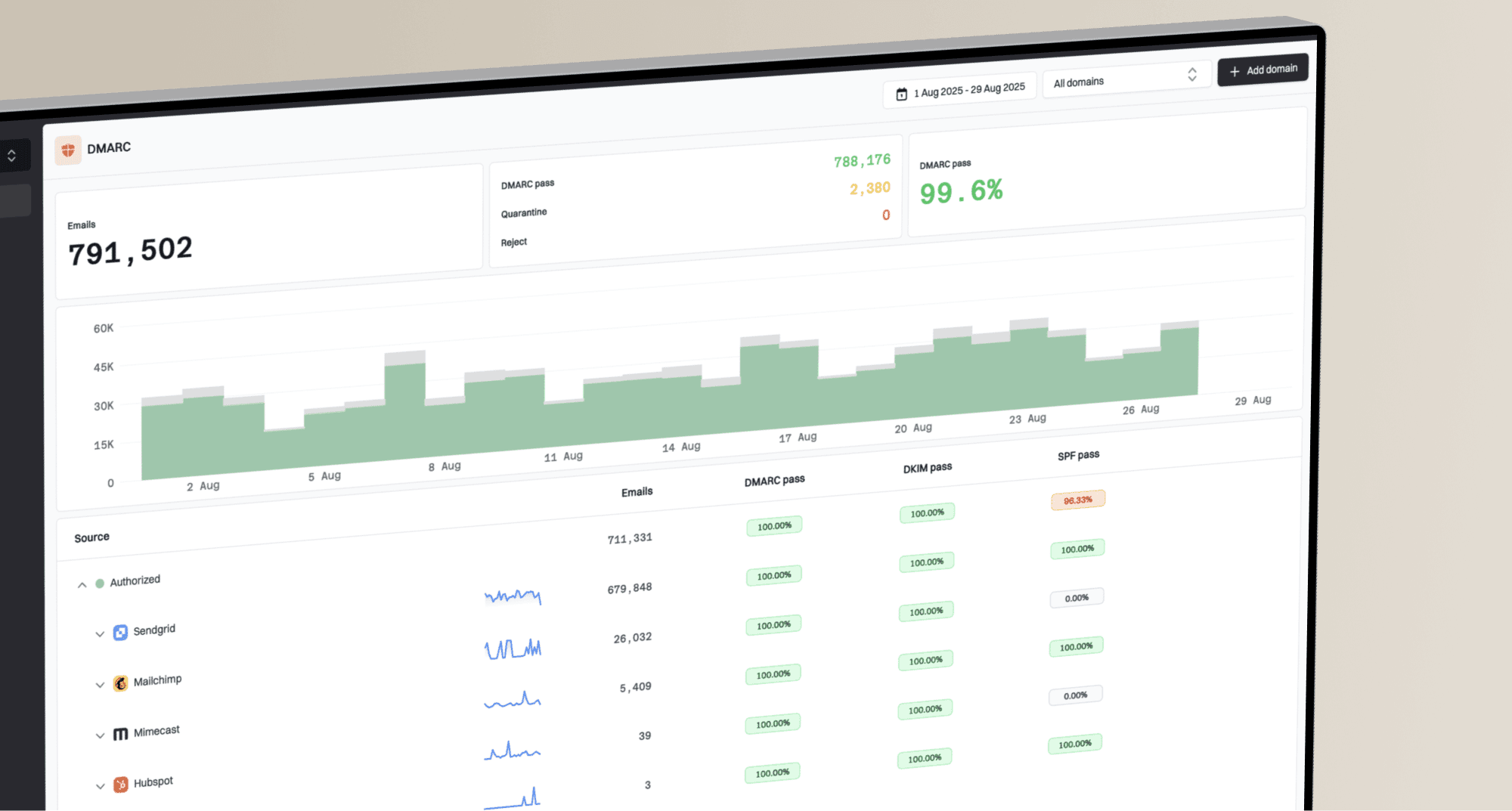Which email validation services are best for ZoomInfo email lists and are ZoomInfo validated emails trustworthy for cold outreach?

Matthew Whittaker
Co-founder & CTO, Suped
Published 19 Jul 2025
Updated 5 Nov 2025
6 min read

 When building a list for cold outreach, platforms like ZoomInfo are often a primary source. A common question I hear is whether emails acquired from ZoomInfo are trustworthy enough for direct cold outreach without further validation, and which services are best suited to validate them. The accuracy of these lists is critical, as sending emails to invalid addresses can severely damage your sender reputation and negatively impact your email deliverability rates. My goal is to shed light on these concerns and guide you toward a safer, more effective cold outreach strategy.
When building a list for cold outreach, platforms like ZoomInfo are often a primary source. A common question I hear is whether emails acquired from ZoomInfo are trustworthy enough for direct cold outreach without further validation, and which services are best suited to validate them. The accuracy of these lists is critical, as sending emails to invalid addresses can severely damage your sender reputation and negatively impact your email deliverability rates. My goal is to shed light on these concerns and guide you toward a safer, more effective cold outreach strategy. Neverbounce is owned by ZoomInfo, so it is often recommended as a complementary service. However, many other email verification tools can also provide the necessary level of scrutiny.
Neverbounce is owned by ZoomInfo, so it is often recommended as a complementary service. However, many other email verification tools can also provide the necessary level of scrutiny.
|
|
|
|---|---|---|
Real-time verification | Verifies emails instantly during collection or before sending. | Crucial for minimizing bounces from rapidly changing data. |
Syntax and domain checks | Ensures correct email format and that the domain exists. | Basic but essential for filtering out malformed or fake addresses. |
Spam trap detection | ||
Catch-all detection | Identifies domains that accept all emails, even invalid ones. | Helps avoid sending to potentially unmonitored or risky addresses. |
v=DMARC1; p=none; rua=mailto:dmarc_reports@yourdomain.com; ruf=mailto:dmarc_forensic@yourdomain.com; fo=1;
